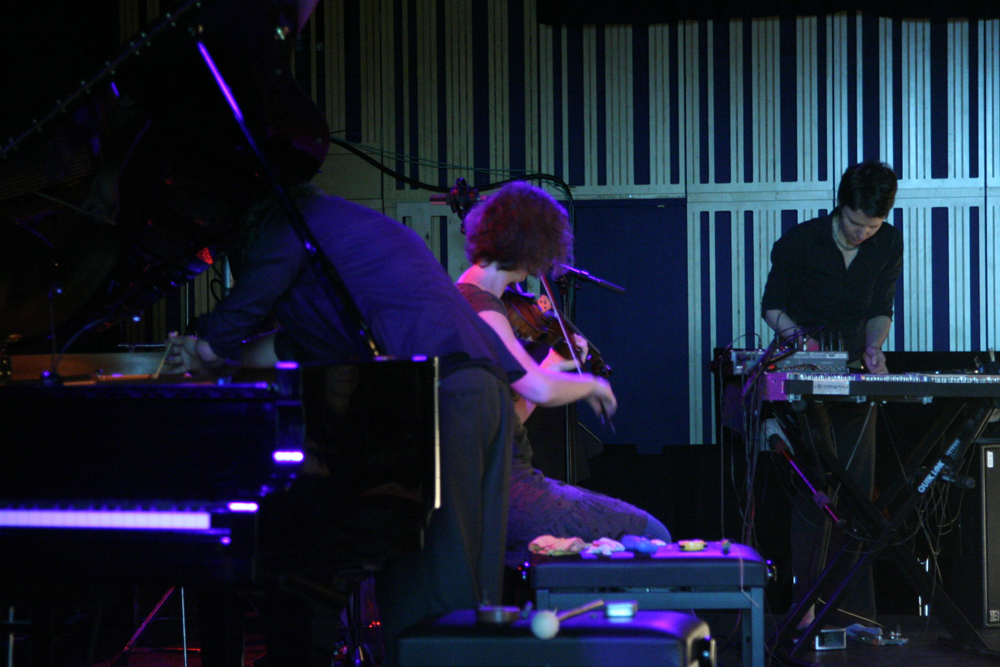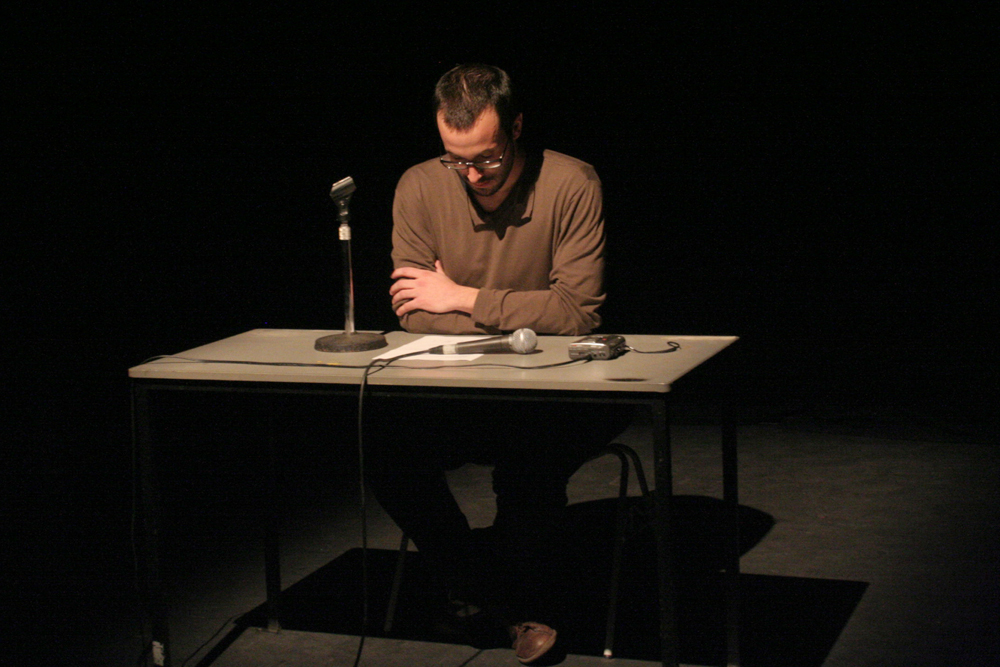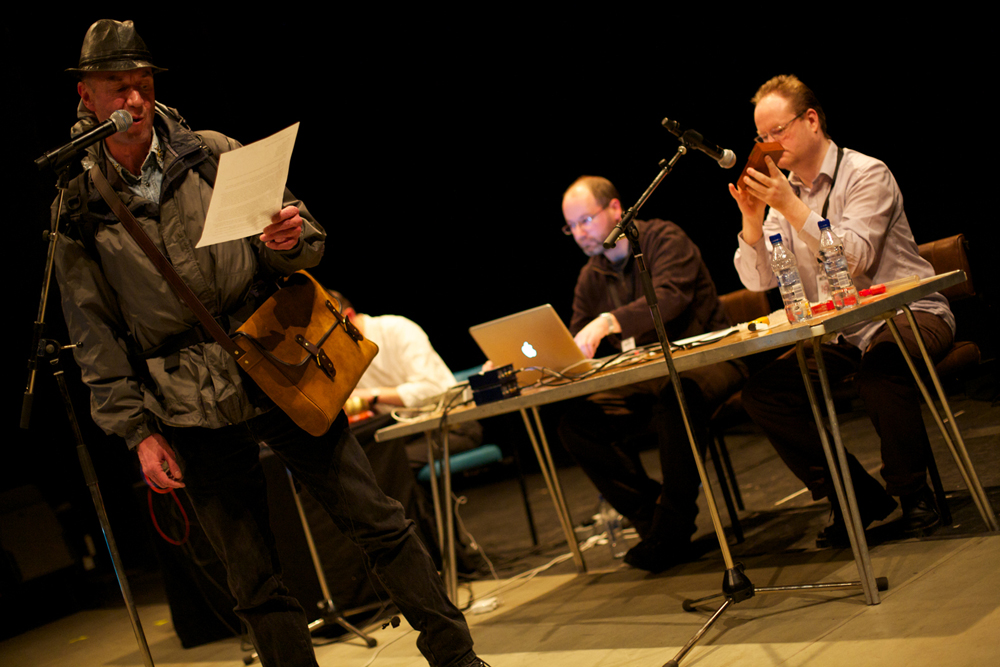
In the Sign of Jonah: Around Moby-Dick
Laura Harris Fernando Zalamea
“The miracle of Herman Melville is this: that a hundred years ago in Moby Dick…he painted a picture of the world in which we live, which is to this day unsurpassed.” – C. L. R. James













